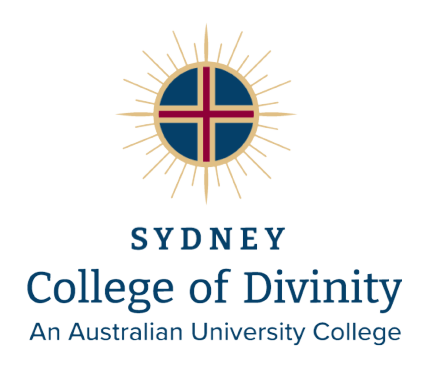T9611 – Patristic Readings of Scripture
Unit Code
T9611
Unit Name
Patristic Readings of Scripture (postgraduate)
Unit Weighting
9 Credit Points
Type of Unit
Specialised
Prerequisites, corequisites or exclusions
9 credit points of a Theology unit (i.e “Introduction to Theology” or “Church Fathers: An Introduction”)
Academic Staff
Very Rev. Dr Doru Costache, BTh (Bucharest 1993), PhD (Bucharest 2000), Senior Lecturer
Curriculum Objectives
This graduate course unit surveys the main hermeneutical (method of interpretation) trends and themes within the patristic tradition, from the early Christian centuries to the end of the seventh century. It examines various ways of engaging Scripture from a comparative perspective and with reference to the ‘hermeneutical turn’ in contemporary scholarship.
Learning Outcomes
At the end of this unit students will be able to:
- Appraise the historical and cultural contexts of the various trends in patristic hermeneutics (methods of interpretation)
- Display an awareness of the main methods and themes pertaining to patristic hermeneutics
- Critically analyse samples of patristic engagement with Scripture
- Critically utilise the tools of contemporary hermeneutics
- Assess the relevance of contemporary hermeneutics for the understanding of the patristic ways of engaging Scripture
Content:
- The ‘hermeneutical turn’ and the patristic engagement of Scripture
- Scriptural interpretation: The first and the second century
- Scriptural interpretation: The third and the fourth century
- Scriptural interpretation: From the fifth to the seventh century
- Patristic interpretation, the historical-critical method, and the ‘hermeneutical turn’: a way forward
Unit Schedule:
Week 1: The ‘hermeneutical turn’ and the patristic engagement of Scripture
Week 2: What is Scripture? Patristic insights into the scriptural “senses”
Week 3: The meaning of patristic literalism
Assessment task 1.
Week 4: Typological interpretation
Week 5: Anagogical, spiritual, or allegorical interpretation
Week 6: Mystagogy: Elements of a holistic hermeneutic
Assessment task 2.
Week 7: The first case study: Scripture maps the spiritual journey (Origen)
Week 8: The second case study: Walking through Scripture towards the paradise (Ephrem)
Week 9: The third case study: The psalms as a key to Scripture (Athanasius)
Week 10: The fourth case study: The mystery of Christ is central to all Scripture (Cyril)
Week 11: The fifth case study: Scripture as a human being (Maximus)
Week 12: Patristic interpretation, the historical-critical method, and the ‘hermeneutical turn’: a way forward
Assessment task 3.

